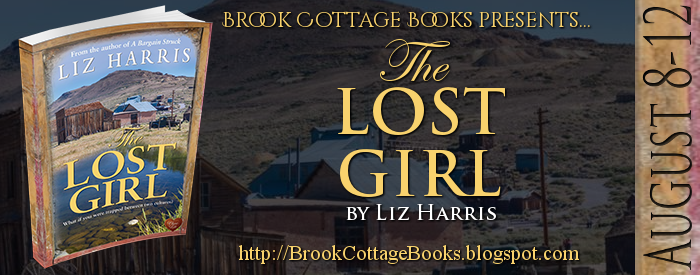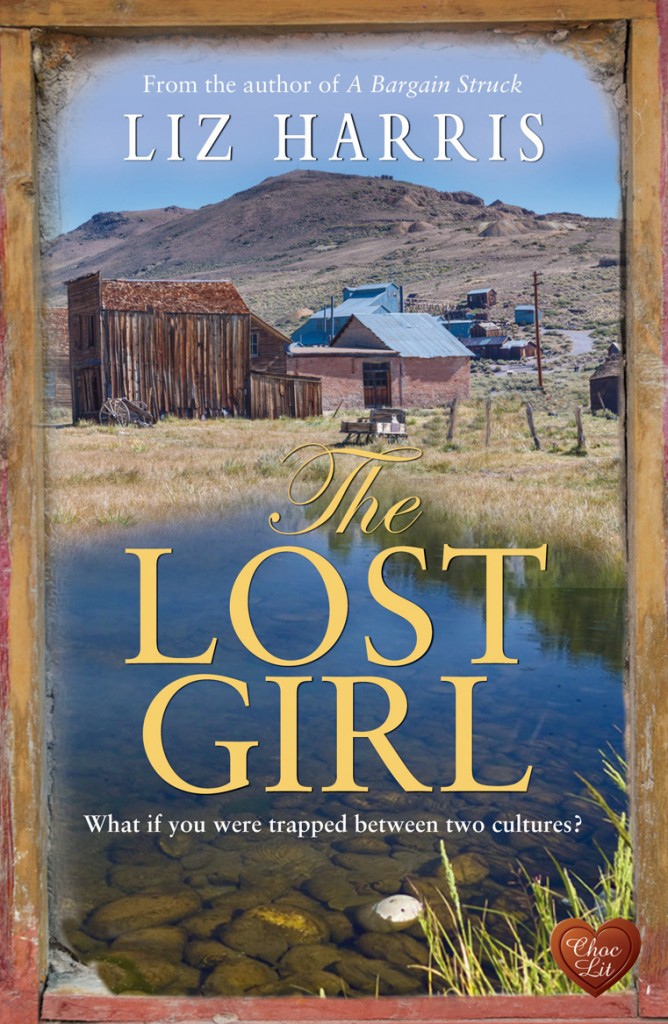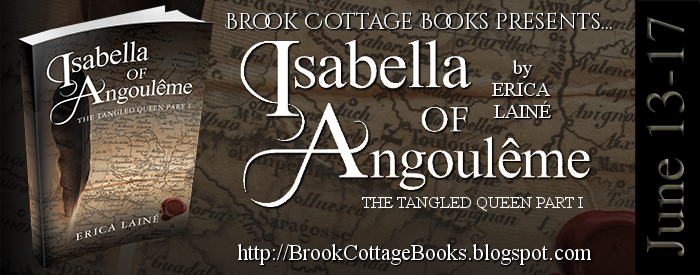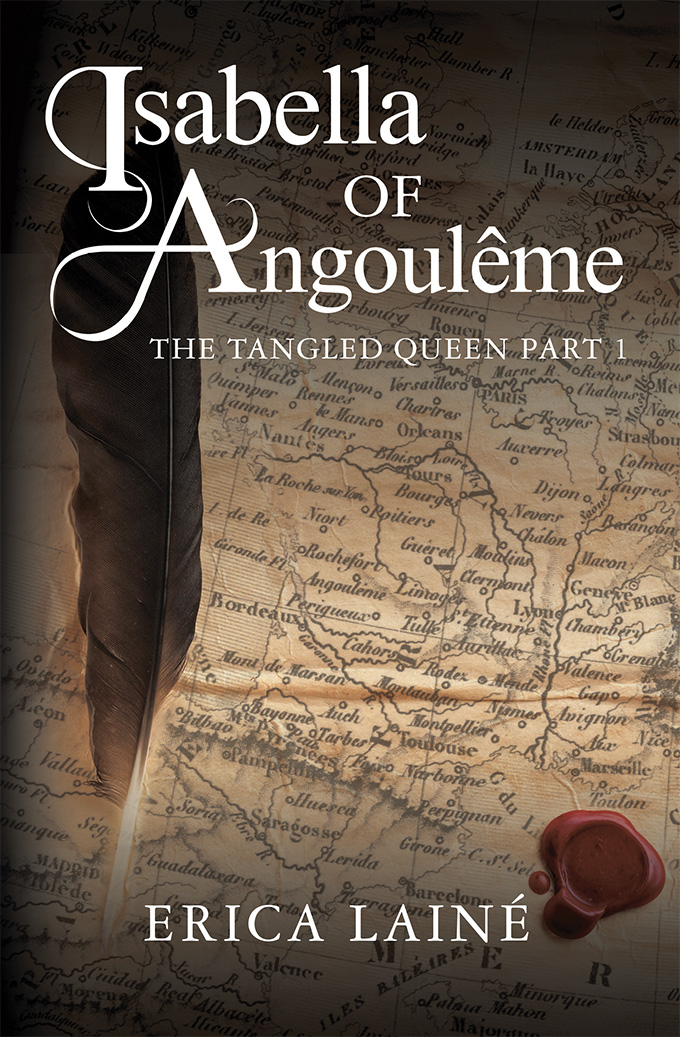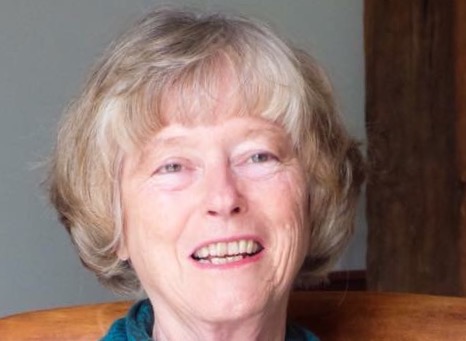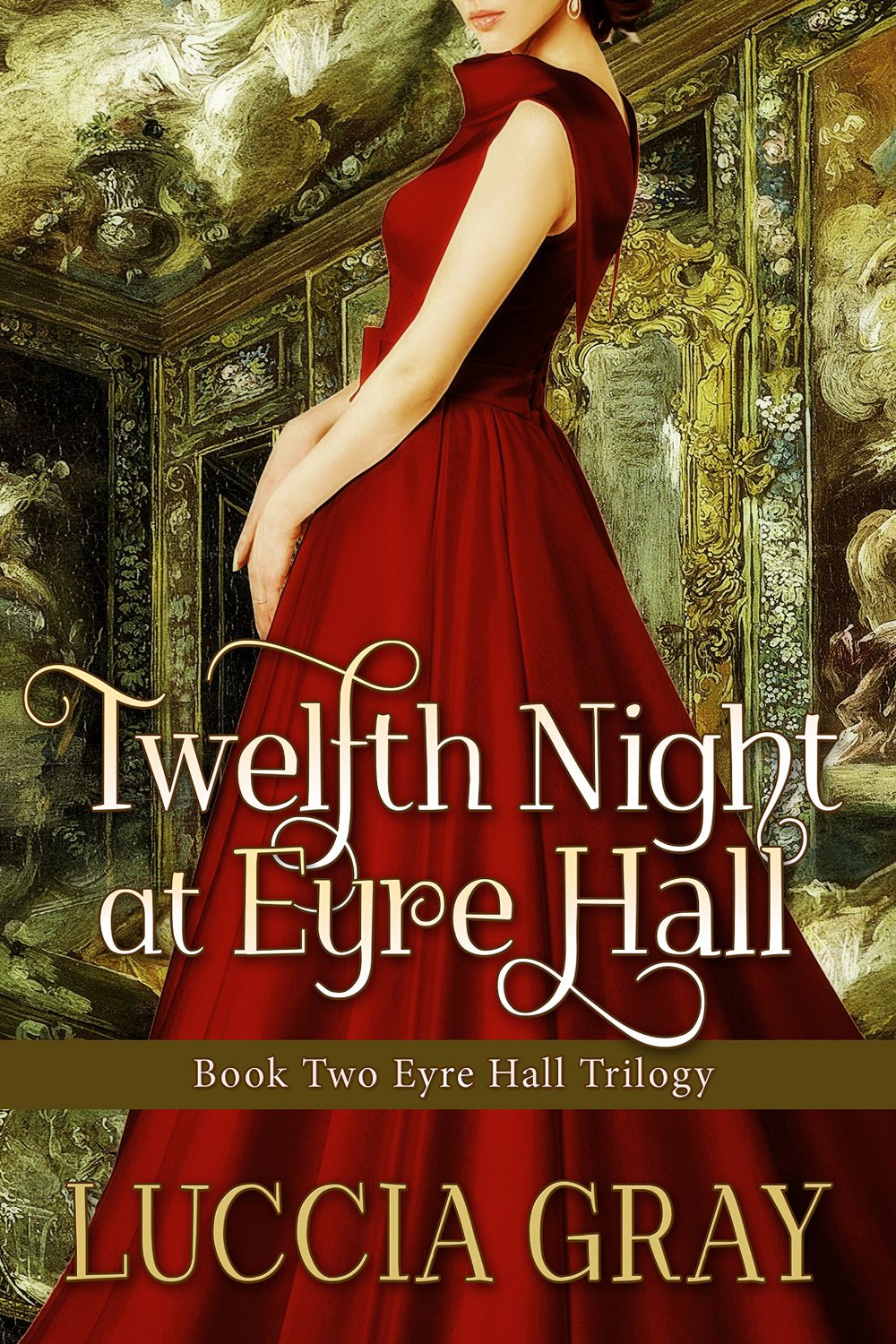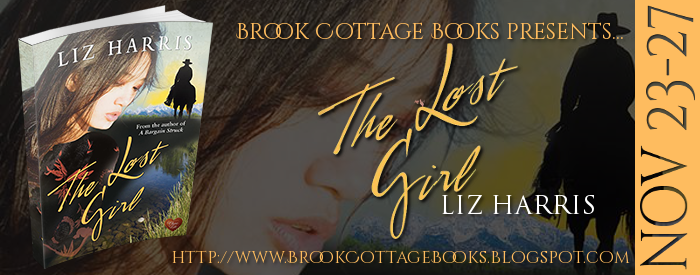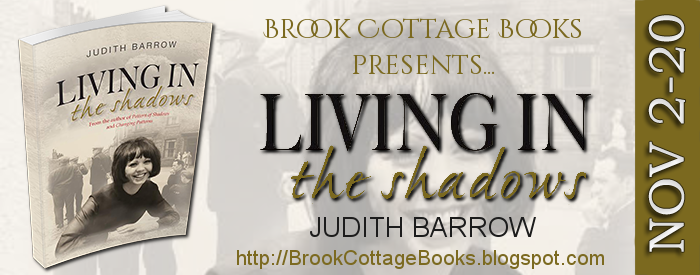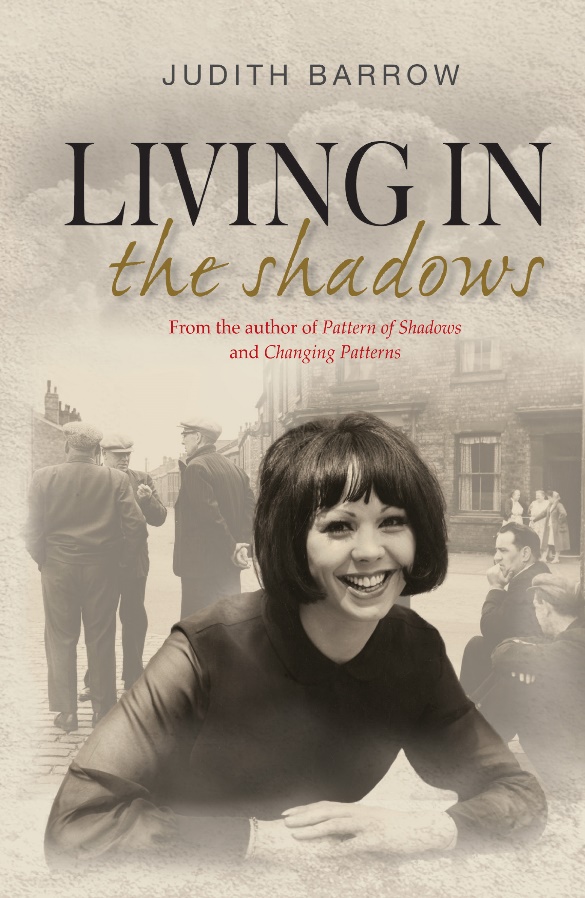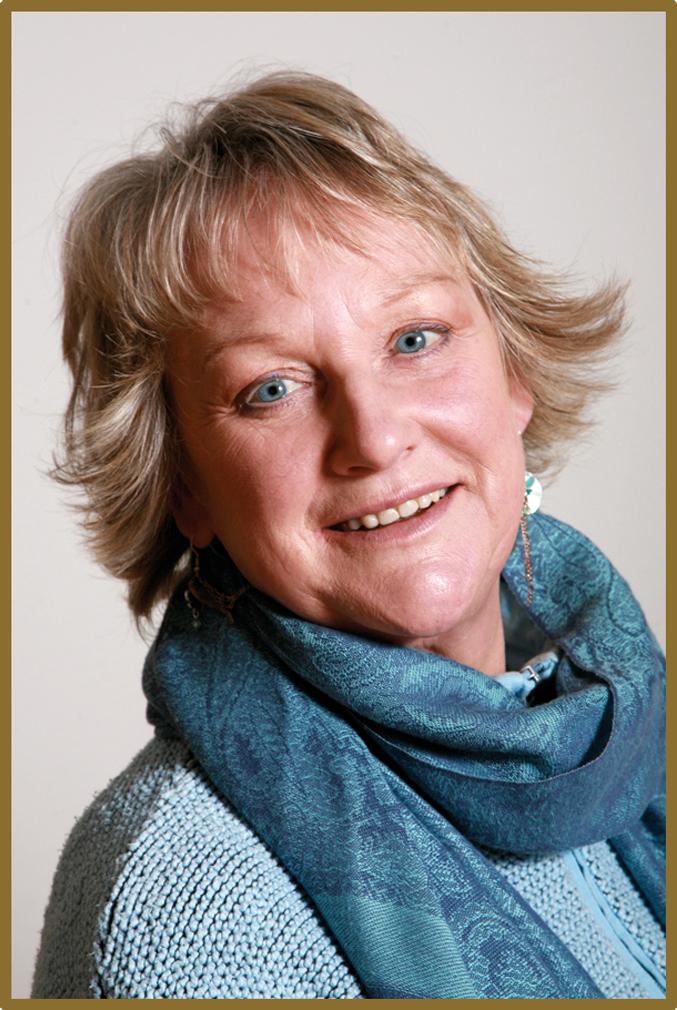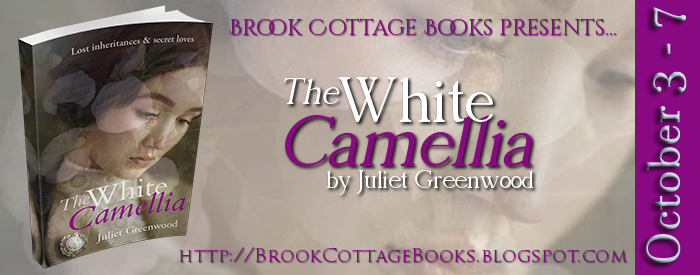
The White Camellia
by
Juliet Greenwood
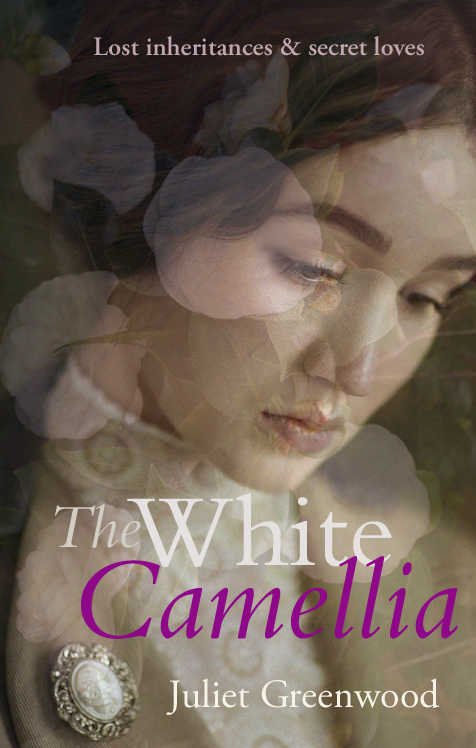
Genre: Historical Fiction
Release Date: 15th September 2016
Publisher: Honno, the Welsh Women’s Press
1909. Cornwall. Her family ruined, Bea is forced to leave Tressillion House, and self-made business woman Sybil moves in. Owning Tressillion is Sybil’s triumph — but now what? As the house casts its spell over her, as she starts to make friends in the village despite herself, will Sybil be able to build a new life here, or will hatred always rule her heart?
Bea finds herself in London, responsible for her mother and sister’s security. Her only hope
is to marry Jonathon, the new heir. Desperate for options, she stumbles into the White Camellia tearoom, a gathering place for the growing suffrage movement. For Bea it’s life-changing, can she pursue her ambition if it will heap further scandal on the family? Will she risk arrest or worse?
When those very dangers send Bea and her White Camellia friends back to Cornwall, the two women must finally confront each other and Tresillion’s long buried secrets.
EXTRACT
Cornwall, 1909
It had not changed.
Sybil stepped to the very edge of the cliff and gazed down at the rambling old house below her, topped with a maze of chimneys, a crumbling reminder of its Jacobean finery.
There was no finery left in Tressillion House, she thought grimly. Even from this distance, the place held an air of ruin and abandonment. No smoke rose up through the chill morning from warm fires within. No bustle of servants, no carriage waiting to take the ladies on their rounds of visits and charitable works in the neighbouring village of Porth Levant. Not even Hector, the stallion, steaming in the frosted morning, taking the master of the house on an inspection of the mine, just visible on the next headland.
This was what she had set in motion, all those years ago. The perfect revenge.
Sybil shivered. She unwound the scarf from her head and breathed in deeply the salt blowing in from the sea, her eyes following the North Cornish coast as it vanished into the distance in the crash of spray against rocks.
The wind tugged at her, loosening her curls from the silver clasp at the base of her neck, sending tendrils of brown hair in a wild dance around her face. Sybil turned back to the house below. She had dreamed of this for so long. The moment she would have Tressillion House helpless at her feet. When the Tressillions − who had once had more than they could ever need, but had not thought twice about taking the last hope from people with nothing − would be destroyed, the survivors learning what it was like to be totally dependent on others.
Was this how revenge felt? Sybil hugged herself, pulling the folds of her coat around her, bent almost double by the grief coiling deep in her belly.
‘Beautiful, isn’t it?’
Sybil straightened, banishing any emotion from her face. ‘Indeed.’ She turned to meet the square, squat little man emerging from the smart new Ford automobile, one hand struggling to keep his hat on his head.
‘The best view of Tressillion House,’ he remarked. ‘You can see, Miss Ravensdale, just what an exceptional property this is. There’s none finer this side of Truro.’
‘So I see, Mr Roach,’ she replied, almost managing to banish any hint of irony. On their first meeting, the solicitor had made obvious his contempt at a spinster, not in the first flush of youth, daring to invade his offices in broad daylight for all the respectable citizens of St Ives to see. He had changed his tune a little too quickly at the sight of her gleaming new Chevrolet, shipped all the way from New York, and speaking more of true wealth than any flash of diamonds.
Tressillion House had proved a more than usually difficult properly to dispose of, and there were impatient creditors snapping at Mr Roach’s heels. She must have seemed like a miracle, a rich hotelier from America dreaming of owning a property in Cornwall. Who else, the gleam in Roach’s eyes declared, would be fool enough to live in an isolated mansion fallen on hard times, with the rollers of the North Cornwall coast clawing at the rocks on wild nights, and ghosts creaking amongst its rafters?
Sybil replaced the scarf around her head. ‘Shall we go?’
BUY LINKS
http://www.honno.co.uk/dangos.php?ISBN=9781909983502
https://www.amazon.co.uk/White-Camellia-Juliet-Greenwood/dp/1909983500/
https://www.amazon.com/White-Camellia-Juliet-Greenwood/dp/1909983500
https://wordery.com/the-white-camellia-juliet-greenwood-9781909983502
The lure of big old houses
I love big old houses. Or rather, big old houses with gardens. I suppose I never did quite recover from reading ‘The Secret Garden’ at an early age. I love visiting them, and I love writing about them. Like Kate Morton, it’s my trademark. My stories are very different to Kate Morton, and differ from each other, but however hard I try to escape, that big old house, crumbling at the edges, and the overgrown garden, ready to be brought back to life, are there.
I don’t live in a large old house, but I do live in a little quarryman’s cottage, halfway up a Welsh mountain, that was built during the 1840s. The lives of the generations who lived here were mostly ones of poverty and hard work, and some held downright tragedy. But I never feel uneasy here. The garden still has the remains of previous planting, the standpipe and the loo at the bottom of the garden, and the vegetable garden that allowed the earlier inhabitants to subsist. I enjoy living amongst the remains of lives once lived, and a garden that has clearly been loved over many years, and whose structure I’ve kept in my own version of garden love – polytunnel with a grapevine and all.
I suppose that is the fascination with going round old houses, like Glynllifon in North Wales, and Lanhydrock in Cornwall, and restored villages like Blists Hill in Ironbridge and the Black Country Living Museum. It’s fascinating looking at the surroundings where the rich and the poor lived, trying to imagine their lives, and the stories that surround them.
It’s also, not surprisingly, where ‘The White Camellia’ begins, with self-made businesswoman Sybil returning from America in 1909 to take over a large old house on the Cornish coast, still with the remains of the previous inhabitants strewn amongst its rooms and gardens. But this is a woman who will be haunted by the past, and the family, and house, she has helped to destroy. A woman with secrets, too proud to ask for forgiveness, but with a need to find her own peace with herself.
Although I didn’t realise when I was writing the book, ‘The White Camellia’ is drawn from every great old house, and restored village I have ever visited, and the intertwined lives that surround us, everywhere. I shall have to find new old houses and gardens to visit…
ABOUT JULIET GREENWOOD
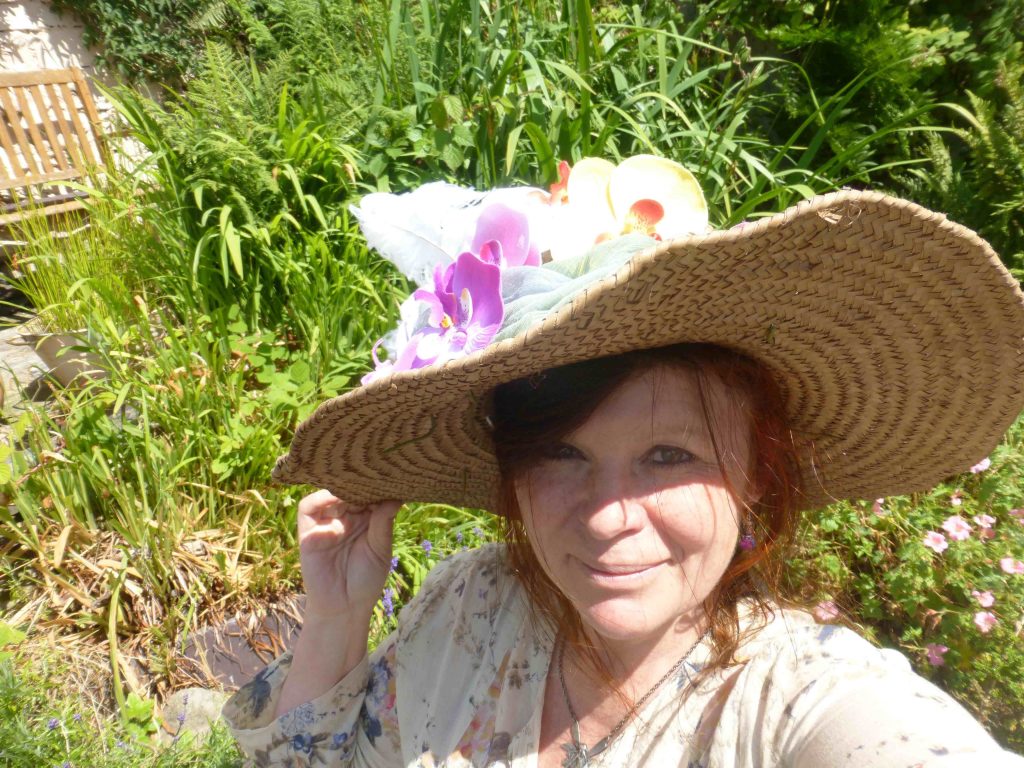
Juliet Greenwood is the author of two previous historical novels for Honno Press, both of which reached #4 and #5 in the UK Amazon Kindle store. ‘Eden’s Garden’ was a finalist for ‘The People’s Book Prize’. ‘We That are Left’ was completed with a Literature Wales Writers’ Bursary, and was Welsh Book of the month for Waterstones Wales, The Welsh Books Council and the National Museum of Wales. It was also chosen by the ‘Country Wives’ website as one of their top ten ‘riveting reads’ of 2014, was one of the top ten reads of the year for the ‘Word by Word’ blog, and a Netmums top summer read for 2014.
Juliet’s grandmother worked as a cook in a big country house, leaving Juliet with a passion for history, and in particular for the experiences of women, which are often overlooked or forgotten. Juliet trained as a photographer when working in London, before returning to live in a traditional cottage in Snowdonia. She loves gardening and walking, and trying out old recipes her grandmother might have used, along with exploring the upstairs and downstairs of old country houses.
Facebook: https://www.facebook.com/juliet.greenwood
Twitter: https://twitter.com/julietgreenwood
Goodreads Author Page: https://www.goodreads.com/author/show/844510.Juliet_Greenwood
Google+ https://plus.google.com/u/0/105731636741241490753/posts
Blog: https://suffrageladiestearoom.com/
Website: http://www.julietgreenwood.co.uk/
GIVEAWAY
1st Prize – paperback copies of all 3 of Juliet’s books
2nd Prize – an ecopy of The White Camellia

